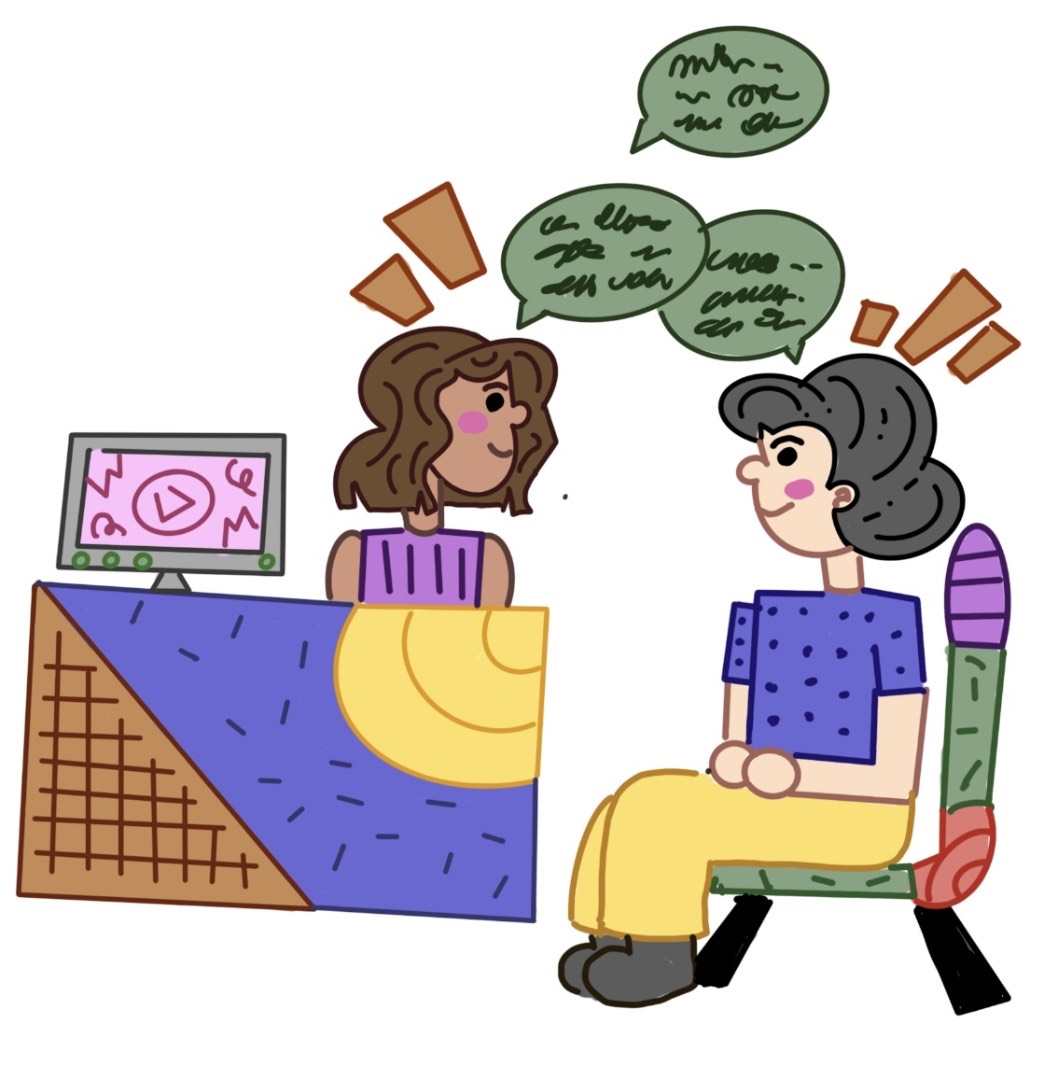By Brianna Vaca, Staff Reporter
Some academic advisors at CSUDH need to improve their communication to ensure students meet graduation requirements on time. Breakdowns can not only cause delays, but put students in a financial crunch.
Last spring, I booked an appointment with my academic advisor, and because spots tend to go fast, I made sure to do this weeks ahead of time. I expected the meeting to be pretty routine, but what my advisor told me left me gobsmacked: I was short six credits, or two classes.
How could this have happened? Not to brag, but I’m on top of my schoolwork – I review my Toromail and voicemail inboxes regularly, but never once before my scheduled meeting was I informed about this issue.
To make up for the missing credits, my advisor said, I’d have to enroll in a few classes over the summer. Due to the unexpected cost of tuition, I’d have to take these classes back at my community college. To say I was more than a little stressed out about having to spend even more money to graduate on time would be an understatement.
Sadly, my experience wasn’t unique. Most Toros have sought academic advising at some point, but if those appointments were anything like mine, they’ve left you feeling in the dark rather than on a path to success.
Given the high cost of tuition and textbooks – plus, having to spend more money on classes at a different school – CSUDH college advisors should do more to support students academically and financially. Breakdowns in communication with students and inadequate advising can not only be an inconvenient setback but a costly one, too.
Students are almost always told how important it is to communicate. We hear this from our professors, from managers, and university staff, but when it comes to academic advising at CSUDH, communication is sometimes a one-way street.
And look, I get it, there are 14,000-some students enrolled at CSUDH. That’s a lot of individual cases for advisors to manage – there are a lot more of us than there are of them. Further, it seems some academic programs at CSUDH have more advisors than others. The Communications Department, for example, is divided into four majors but has only one advisor.
Although students can request appointments at any time, advising should be a team effort. The onus to adjust for that imbalance should be on the university, not the students just trying to make it someday to Commencement. Personally, I wish I had been told sooner about my missing credits.
First-year computer technology student Rudy Marquez said students should be meeting with their advisors at least a few times during the semester.
“Majors and classes sometimes change depending on what’s needed,” Marquez said. “Sometimes you think you are going on the right path, but then all of a sudden, you are graduating, and then they are requiring these other classes that cause you to lose track.”
Marquez said he’s only met with an advisor during drop-in hours, because wait times for a proper appointment can be up to a week.
Senior psychology student Melina Cervantes arrived at CSUDH during the COVID-19 pandemic. Cervantes said she had to navigate advising on her own for a while, at least until safety measures were eased.
“Emails kept coming in and it was easier to understand like, ‘oh, this is the person I can go to’,” Cervantes said.
Students work hard to earn their degrees, especially at CSUDH. We meet with our advisors to make sure we do the right things at the right times, while also juggling several other responsibilities – family, work, health issues, and just life. We trust our advisors to help guide us along the path to graduation, but when communication fails, who then do we turn to for answers?
Bolstering the flow of information across colleges and improving communication between advising staff and students is critical to our success as Toros – as individuals and as a campus community. So to the university administration, consider this editorial a gentle nudge to check on your status – you wouldn’t want any of these issues to become problems after it’s too late.

